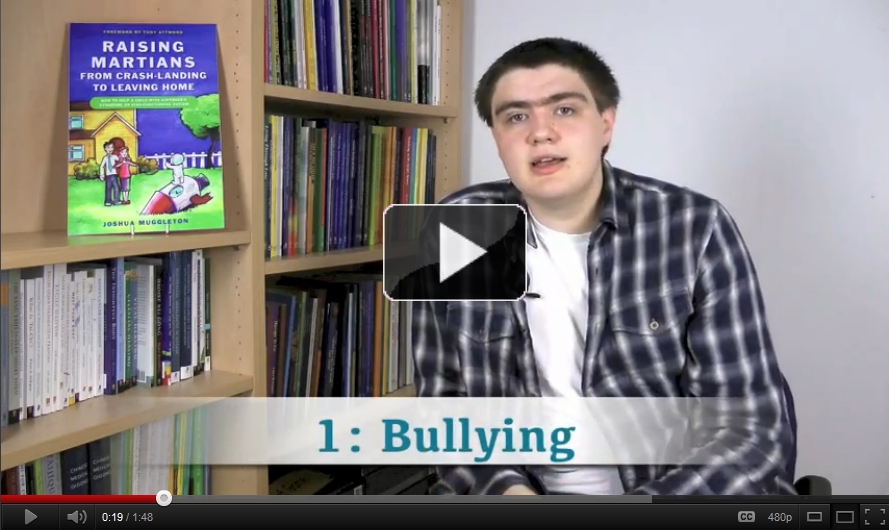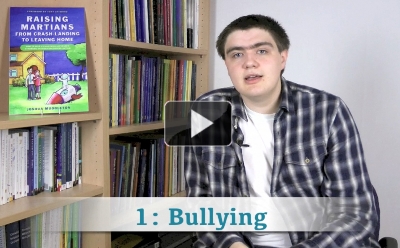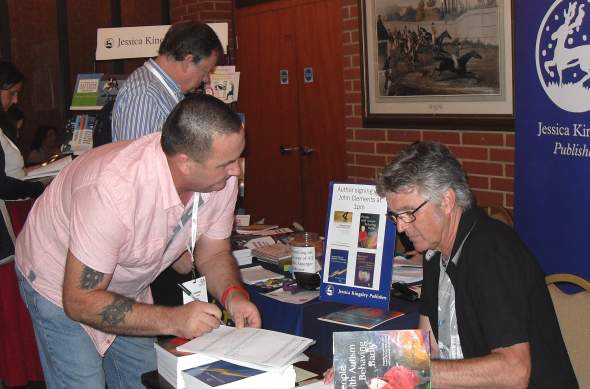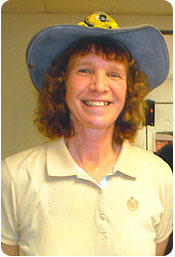“Cognitive flexibility is the hallmark of a productive, happy and healthy young adult with Aspergers Syndrome” – An Interview with Dr Michael McManmon
“The book was a labor of love… The overriding message is that cognitive flexibility is the hallmark of a productive, happy and healthy young adult. All other growth is predicated upon being open to change and feedback and understanding who you are and accepting it.”









